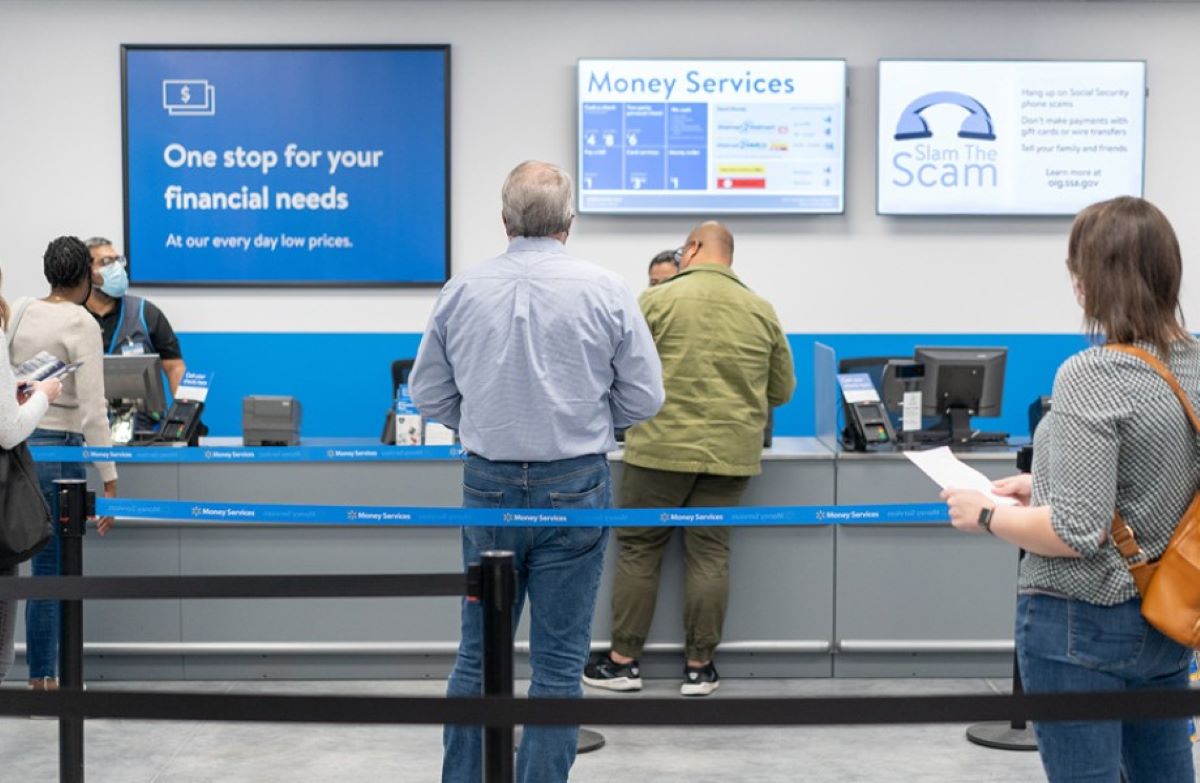This Monday 29 in August, Walmart asked the federal court that handles the lawsuit from the Federal Trade Commission (FTC) to dismiss it. The retailer presented several reasons why it considers that the FTC case is legally flawed and should not proceed.
The company indicates that the FTC is trying to hold it responsible for the criminal actions of third parties, “despite Walmart’s extensive efforts to prevent those same fraudsters from defrauding their customers, and despite lacking the constitutional or legal authority to bring their lawsuit.”
Through a In a message to the media, Walmart says it has always been dedicated to its customers and shares the FTC’s goal of protecting them from fraudsters: “But this lawsuit is a blatant example of agency overreach. The FTC’s authority is limited by the Constitution, by the FTC Act, and by its own regulations.”
Walmart argues that the court should dismiss the claim of the FTC on Telemarketing Sales Rule: “The FTC is trying to twist a regulation called the ‘Telemarketing Sales Rule’ that was designed to go after telemarketers and those who actively assist them, but Walmart is neither.”
As Walmart explains: “The FTC does not allege that Walmart engaged in telemarketing in violation of the rule. And the FTC does not claim that Walmart interacted with illegal telemarketers, induced telemarketing transfers, encouraged telemarketing in any way, or had knowledge of specific telemarketing transactions. Instead, the FTC advances a novel theory that Walmart is liable because it processed routine money transfers requested by Walmart customers, and a small portion of those requested transfers allegedly turned out to have been induced by third-party telemarketing scams.”
The retailer notes that such routine conduct does not count as “substantial assistance” under tort law principles. And, in any event, the FTC does not identify a single specific transaction that satisfies TSR’s multiple definition of “telemarketing.”
Walmart cites that: “The FTC did not identify any Walmart practice, past or present, that qualifies as ‘unfair’ under the Seventh Circuit’s long-standing interpretation of Section 5. In any event, Walmart’s conduct is the opposite of ‘disloyal’ because, as the FTC’s own lawsuit shows, Walmart took a number of steps to stop fraudsters with the ‘goal’ to ‘educate, detect, investigate, respond to and deter consumer fraud against our customers’”.
The chain of stores emphasizes that the FTC does not have the authority to act as an independent compliance auditor or inspector general, “micromanaging” the details of a company’s anti-fraud program “according to with the wishes of the FTC.”
Walmart asserts that the FTC lacks constitutional authority to file this case: “Recent Supreme Court rulings make it clear that filing lawsuits for injunctive and monetary relief is an ‘executive power,’ which the Supreme Court has already said that the FTC cannot constitutionally exercise.”
The retailer points out that it will continue to provide customers with “financial services at low and transparent prices” and that it will continue to work to prevent criminal third parties from using money transfers to defraud consumers, while will vigorously defend itself against the FTC lawsuit.
You may also be interested in:
– Walmart responds to the FTC that the lawsuit is unfounded and that it has saved “ billions” of dollars to customers in money transfers
– Walmart relaunches money transfer service to Mexico with a fee of $2.50 dollars per transaction
– Walmart Rewards created for Walmart+ members to obtain additional savings
– African-American Walmart client wins lawsuit for $4.4 million for discrimination
50
